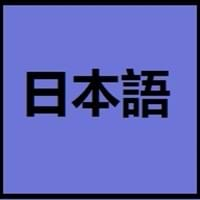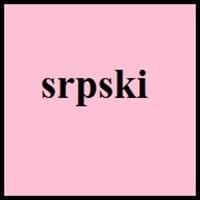Japanese vs Serbian
- In Japanese Language, there are 4 different ways to address people: kun, chan, san and sama.
- There are many words in Japanese language which end with vowel letter, which determines the structure and rhythm of Japanese.
- Serbian language was derived from the Old Church Salvic, as the language was commonly spoken by most of Slavic people in the 9th Century.
- Serbian language is based on Stokavian dialect.
Japanese and Serbian Language History
Comparison of Japanese vs Serbian language history gives us differences between origin of Japanese and Serbian language. History of Japanese language states that this language originated in 1185 whereas history of Serbian language states that this language originated in 11th Century. Family of the language also forms a part of history of that language. More on language families of these languages can be found out on Japanese and Serbian Language History.
Japanese and Serbian Greetings
People around the world use different languages to interact with each other. Even if we cannot communicate fluently in any language, it will always be beneficial to know about some of the common greetings or phrases from that language. This is where Japanese and Serbian greetings helps you to understand basic phrases in Japanese and Serbian language. Japanese word for "Hello" is こんにちは (Kon'nichiwa) or Serbian word for "Thank You" is Хвала лепо (Hvala lepo). Find more of such common Japanese Greetings and Serbian Greetings. These greetings will help you to be more confident when conversing with natives that speak these languages.
Japanese vs Serbian Difficulty
The Japanese vs Serbian difficulty level basically depends on the number of Japanese Alphabets and Serbian Alphabets. Also the number of vowels and consonants in the language plays an important role in deciding the difficulty level of that language. The important points to be considered when we compare Japanese and Serbian are the origin, speaking countries, language family, different greetings, speaking population of these languages. Want to know in Japanese and Serbian, which language is harder to learn? Time required to learn Japanese is 88 weeks while to learn Serbian time required is 44 weeks.





